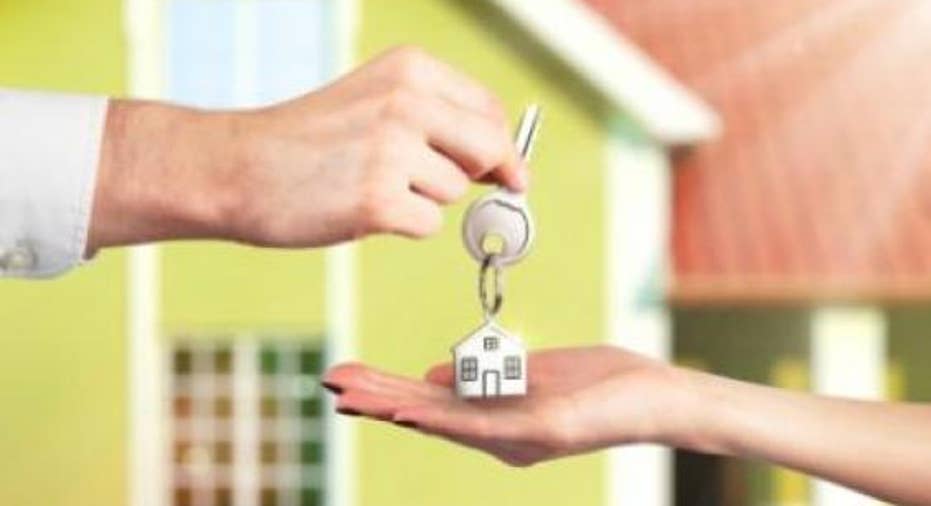How to Pay for Your Second Home

All things being equal, we’d all pay cash for our second homes. No muss, no fuss. But in reality, many of us will finance at least a portion of the costs of a second home.
And, naturally, as a second-time buyer, you’ll find the process pretty similar to when you got the mortgage for your primary home. The lender will require the same information on your income, W-2s, checking and savings account statements. Plus, the lender will gauge your ability to repay by checking your credit scores and evaluating your total debt levels. That’s where all the similarities to the process of your first mortgage ends.
In fact, you may be surprised how different the process is. You’ll be required to have a higher down payment, as much as 20 percent or maybe more to buy that second home. You’ll face higher rates of interest and that means higher mortgage payments. The reason for these escalating costs is that if you are buying a vacation home, which is to say a property you won’t be living in fulltime, the lender assumes your commitment to paying that mortgage will be a lower priority. By putting down more, you demonstrate your commitment to buying the house and paying it off. Interest rates are higher as well, as much as a quarter to a half point, and for much of the same reason.
The good news is you’ll find lots of different options for financing. Traditional mortgages, 30-year fixed rate loans, are popular for second buyers, but if you can put down 50 percent or more of the purchase price when you buy, you should consider a 15-year mortgage. Paying your debt faster means your interest rate costs will plummet. Adjustable-rate mortgages are still available as well, but with rates near lows, you might as well lock in today’s interest levels, unless you plan to quickly flip the house.
Some folks opt to add a second mortgage, either a home equity line of credit or a home equity loan, onto the mortgage for their primary home to pay for the second house. Understand that doing this puts both of your properties at risk if you were to default. Some seniors use reverse mortgages to tap their home equity but this strategy, too, has problems because you essentially are handing over your primary home to the bank. Soon-to-be retirees are well advised to consider buying that retirement home while they are still working since lenders will calculate your credit worthiness on your pre-retirement income.
In short, there are plenty of options for second home buyers and the good news is that rates remain relatively low.



















